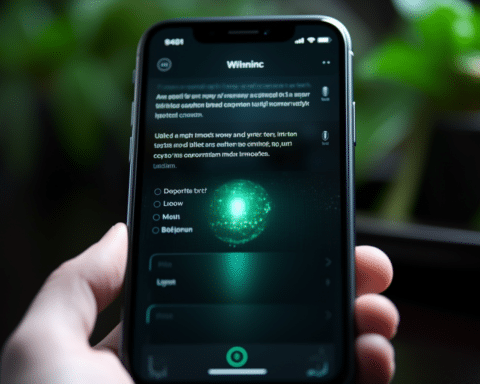Recent advances in artificial intelligence have showcased impressive capabilities in solving mathematical problems, with AI systems reaching olympiad-level proficiency in geometry and even developing original proof strategies. Despite these breakthroughs, a new benchmark, FrontierMath, has revealed significant gaps in AI’s abilities when it comes to truly advanced mathematical reasoning.
FrontierMath, developed by a team of over 60 expert mathematicians from leading institutions, aims to test AI beyond existing benchmarks like the GSM8K problem set and International Mathematical Olympiad. These older tests, while impressive, are considered closer to advanced high school-level math rather than representing the cutting edge of human mathematical invention. Moreover, concerns about data contamination, where AI models are inadvertently trained on benchmark problems, have called into question the reliability of current performance metrics.
To address these challenges, FrontierMath was designed with strict criteria. Problems included in the benchmark had to be original, ensuring that solutions required genuine mathematical insight rather than pattern recognition. They also needed to be guessproof, computationally tractable, and quickly verifiable. Each problem underwent a peer-review process, difficulty rating, and secure handling to maintain the integrity of the dataset.
The results, however, were a wake-up call for AI research. Current state-of-the-art AI systems managed to solve less than 2% of the problems in the FrontierMath dataset. The benchmark’s creators highlighted this as evidence of the vast gap between AI’s mathematical capabilities and those of the expert mathematical community. The problems, designed to challenge even seasoned mathematicians, require a level of mathematical insight and training data that is almost nonexistent for AI at present.
While the extreme difficulty of the dataset limits its current use in evaluating relative performance among AI models, the creators believe that FrontierMath will become increasingly relevant as AI technology continues to improve. For now, the benchmark serves as a reminder of AI’s limitations in navigating the complexity of advanced mathematics.
This evaluation marks a shift in how AI’s potential is assessed. While past achievements demonstrated remarkable progress, they also relied on familiar problem sets and accessible data. FrontierMath’s introduction raises the bar, emphasizing the need for AI to tackle problems requiring deep reasoning and creativity, traits that remain distinctly human in the mathematical realm.
As AI systems evolve, the hope is that they will eventually bridge the gap exposed by this new benchmark, transforming what is currently a significant shortcoming into a future strength. FrontierMath stands as both a challenge and an opportunity for the field of artificial intelligence, underscoring the need for continued innovation and development.


